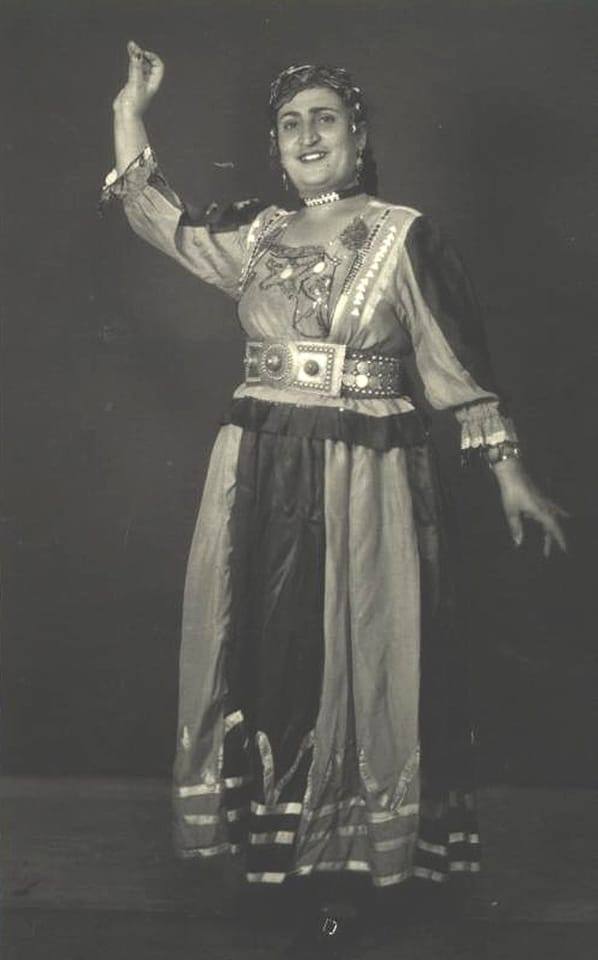Totay it is the Women’s Day. There have been many women who has set the path for the development of human beings. Let’s celebrate this day with one of the: Sûsika Simo.
According to
https://www.saradistribution.com/susika.simo.htm, Sûsika Simo, the trailblazing Kurdish female bard in the former Soviet Union, was born in the village of Mîrek in the Elegez region of Armenia to a Kurdish family. After her birth, her family relocated to the city of Leninakan, where she received her education and worked as a nurse at a hospital for four years.
Sûsika Simo displayed a natural inclination for poetry and embarked on her artistic journey by composing and reciting her own poems. However, her path was fraught with challenges, as the acceptance of female artists in Kurdish society was limited during that era. Undeterred, she broke new ground by becoming the first Kurdish bard in the early period. In 1946, she gained recognition for her performances in traditional Kurdish clothing, singing songs in both Kurdish and Armenian. She got married with the Armenian weightlifter Kûlya Neftalyan. She promoted her music not only in Armenia but throughout the Soviet Union.
The Kurdish bard faced societal resistance due to her marriage to an Armenian. Despite societal beliefs rejecting such unions, Sûsika Simo, armed with her knowledge and artistic talent, eventually gained acceptance within the Kurdish community and even within her marriage.
She formed a music group and performed in the Philharmonic of Armenia, extending her influence not only in Armenia but also in Georgia and various other Soviet countries. Through her tireless efforts, Sûsika Simo played a pivotal role in advancing Kurdish art and preserving cultural traditions.
In 1955, she achieved another milestone by becoming the first woman to sing a song called “Gulîzerê” on Yerevan Radio. Her fame continued to grow, and by 1965, her voice and name became well-known throughout the Soviet Union.
Sûsika Simo significantly contributed to the development of Kurdish bardic art and cultural work, particularly among Kurdish women in the Soviet Union, empowering them to pursue artistic endeavors.
Sûsika Simo passed away in 1977 at the age of 52, leaving behind a profound cultural heritage and providing immense courage for Kurdish women in the field of art. Her pioneering contributions continue to resonate in the tapestry of Kurdish cultural history.




